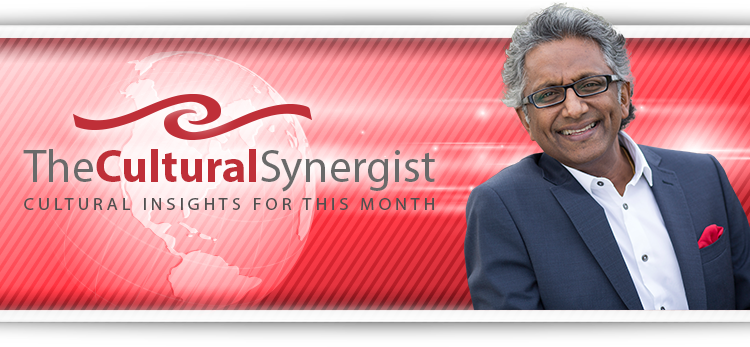| ISSUE 117 |
 |
Hero, Hardship, HighlightLast week I was working with a senior leadership team and part of my brief was around developing higher levels of trust within the team. I used an exercise that had been successfully utilised by the Richmond Football Club in helping them reach and win this year’s grand final. (Richmond Football Club, nicknamed the Tigers, is a professional Australian rules football club playing in the Australian Football League (AFL), the sport's premier competition.)
The team credits this activity as an important tool to help build trust among the players, hence the reason why I used it. Here is how it works: • First, I asked each individual in the team to nominate a hero in their lives and explain why that person was important to them A few people mentioned that they felt quite nervous during the activity and I think it was a feeling that was shared amongst everyone in the group. Yet, it was the actual process of sharing their own stories that really helped everyone connect with each other on a deeper level. People were able to better appreciate their peers in the team and learn some of the back-stories that they had never known before. People felt energised, listened to and had a shared sense of experience.
During the second part of the day when the team had to deal with a number of challenging issues they found that there was a high degree of psychological safety. This was in large part due to the Hero, Hardship, Highlight exercise from earlier in the day. Psychological safety is improved in a group scenario when people feel that they can trust those around them. Trust is built by small consistent actions over a period of time. All high performing teams have a high degree of trust amongst themselves. As a quick reflection exercise, take a moment and reflect on the level of trust you have in your teams. The questions that you need to think about and address are: • Have you ever been in a team where there was a high level of trust?  Ask Dr TomNewsletter Reader Question: We received the following question from one our readers – How do you engage with other cultures without being guilty of appropriation?
Dr Tom's thoughts: I think it starts first with having the right mindset. The key to engaging with other cultures, without being appropriative, is to approach things respectfully. Your mindset must always be one of respect. In addition to the right mindset, it is also important to have adequate knowledge of what is and isn’t acceptable in a particular culture. There are things – like using chopsticks – that are not necessary, but are appreciated. Then there are other things that are absolutely necessary. It’s about building a cultural repertoire. Culture is complex and often times complicated; two cultures may share similarities, but certain aspects can be core to one culture and not to the other. For example, if you go to Malaysia as a young, modern Australian woman, you might not cover your head and that’s okay. However, in somewhere like Saudi Arabia, it would be dangerous not to – because head covering is core to their culture. Both countries are Muslim countries, but each culture has its own distinct set of values, codes and norms. Being culturally intelligent is certainly an asset. However, you also need to have the knowledge and skills to back it up, and a plan to do so. Ultimately, by learning what the values, codes and norms are for a specific culture, and how they differ from those of your own culture, you can ensure that all of your dealings with people of different cultures is respectful and appropriate.  Book Recommendation High-Stakes Leadership: Leading Through Crisis with Courage, Judgement and Fortitude, Constance Dierickx, PhDConstance Dierickx (PhD), an organisational and leadership consultant, is known professionally as the Decision Doctor. She specialises in working with organisations in high-stake transitions; she helps organisations with mergers, acquisitions, CEO succession strategic change and crisis.
In her new book, High-Stakes Leadership, Dierickx describes high-stakes leadership in a simple, three-part model that illuminates the mindsets, strategies, and tactics leaders must draw upon to make tough decisions, take an unpopular stand, or ignore convention. She provides real-world examples across a range of sectors and industries. Dierickx developed her model of high-stakes leadership to help her clients - executives at organisations ranging from start-ups to non-profits to large, global companies - better define what they need to bring strategy to life. This book posits that the essential aspects of good leadership endure even as the environment and tactics change. It is a must read for any leader facing a high-stakes issue(s) in their organisation. |
